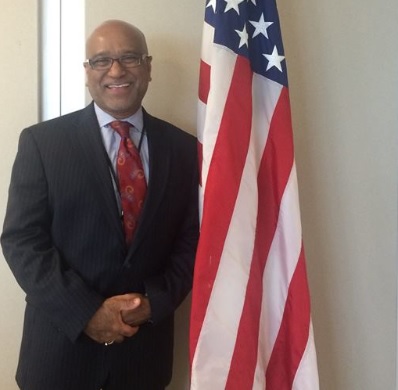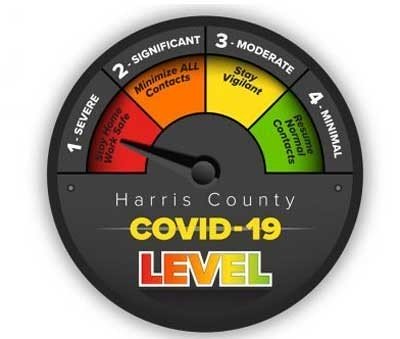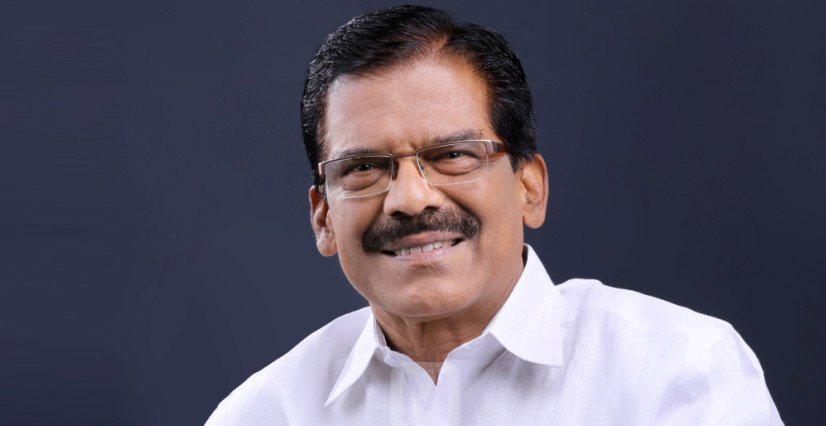A Christmas and New Year’s Message
Rev. Fr. Alexander J. Kurien
Deputy Administrator Office of U.S. Government-Wide Policy
United States Government
Washington D.C.
Behold, a child is born wrapped in swaddling clothes and lay in a manger. His name is Jesus. Love your enemies, he said. Judge not that you be not judged. Give away everything you have to the poor, if you wish to go to heaven. When his disciples asked him how to get to heaven, questions he asked them were - Did you house the homeless, feed the hungry, clothe the naked, heal the sick, and visit those in prison? The story of Christmas is beautiful and powerful when we strip away all the sentimentality. It is a story of God’s love for the world that comes through the most unlikely, surprising people and places. It is a story that turns the world, as we know it upside-down. And it has the power to set us free for lives of love, compassion, and justice as citizens of God’s reign on earth as it is in heaven. Of course the story begins back in the first chapter with Gabriel’s visit to Mary (Luke 1:26-38).
We see here that God chose to enter into human life not by some miraculous, earth-shattering theophany. Rather, God chose Mary of Nazareth a young woman, little more than a child, to give birth to God’s son. God came into the world in the ordinary way; growing nine months in his mother’s womb to be born through labor pains; entering the world greeted by Mary’s cries of pain, relief and joy. When we see that God chose Mary of Nazareth we see that God chose to come among humankind as one of the poor and oppressed people of the world and be one of a people who have known slavery, oppression, humiliation, and poverty. The place about which it was said, “Can anything good come out of Nazareth?” God’s son would be born and raised by the family of a lowly carpenter in a backwater village of a district of Israel known for producing troublemakers and rebels. The Son of God, the savior of the world, the one whom Isaiah named “Wonderful Counselor, Mighty God, Everlasting Father, Prince of Peace” (Isaiah 9:6) was born to Mary and Joseph of Nazareth who were forced to report to their hometown to be counted and taxed.
After the long, uncomfortable journey, the couple found no room for them in Bethlehem. They are forced to spend that night in the equivalent of a barn. Have you ever been in a barn? If you have, you know the smells and sounds. It is not the place you would want to experience labor and give birth. And yet, that is where God’s only begotten son came into this world. After Mary gives birth to Jesus, God’s angels announce the birth to the shepherds. God sent his angels to the shepherds in the field with their flocks. God brought the good news of the in breaking of God’s reign on earth as in heaven to some of the poorest of the poor—the shepherds. Because they worked with animals they were virtual outcasts and seen as unclean among polite society. It is important to notice that God announced the good news of the birth of Mary’s son to poor, unclean, outcasts caring for sheep in the field that night. What does this mean?
First, it is good news! This story is good news because it confirms what John told us when he wrote: “For God so loved the world that he gave his only begotten Son, so that everyone who believes in him may not perish but may have eternal life” (John 3:16). God loves the world so much that God risked everything by becoming one of us, one with us, beginning as a tiny, helpless newborn infant son of a young Jewish girl and her carpenter husband. The child grew into a boy, an adolescent young man, and finally a man known as Jesus of Nazareth who traveled the land proclaiming the good news of God’s coming reign on earth as in heaven. He healed the sick, fed the hungry, and ate with sinners. He preached good news to the poor, release to captives, recovering of sight to the blind, set at liberty the oppressed, and announced that the time had come when God would save his people. In Jesus God shows the world the way of life in God’s kingdom. In his love and justice God provides all we need to claim our place in God’s household and to help prepare the world for his coming reign.
Second, this story tells us that God has a preferential option for the poor. God is God for the poor, the outcasts, and the oppressed people of the world first and foremost. God comes to the world through the lives and witness of the poor. He does not come through the wealthy and mighty of the world. In the birth narratives of Jesus we see that God turns the world upside-down. God’s power is revealed in what and through those the world regards as weak and of no-account. God’s power is revealed in love, not domination, violence, or threat. Therefore, if those of us who are wealthy, comfortable, and powerful want to live as citizens of God’s reign we must align ourselves on the side of the poor, outcast, and oppressed peoples of the world that God loves.
If we who are wealthy and comfortable in this life want to be among God’s friends, we must be friends with the poor. Finally, we see in the story of Jesus’ birth that salvation is available to all. There is nothing anyone can do to earn God’s love or favor. God does not regard our piety, achievements, wealth, or worldly power as any sort of merit. Rather, the story tells us that if we want God to come to us, if we want to be open to hearing and receiving God in our life, we must become like Mary, Joseph, Elizabeth, Zachariah, and the shepherds. We must be friends with the poor, oppressed, and outcast peoples of the world. What are we doing to be advocates for social and economic justice for the Marys, Josephs, and “shepherds” of our world? Have we repented of pride, idolatry, self-centeredness and our complicity in the powers and principalities that contribute to poverty, homelessness, violence, and oppression? Is this too much to hope for? At Christmas, hope speaks in the eternal language of love to the broken-hearted, charity to the needy, and peace to a war-torn world. So kneel with me at the manger.
Adore the child. Enter the circle of peace on earth, the circle of love and compassion, where the most forsaken among us may rediscover hope and encounter joy. This is the story of Christmas. If we unchain our hearts and permit ourselves to be chastened and uplifted by the liberating message of Christmas, this may just be the most important message we will ever hear. We live and work in such a big, busy, and complicated world at such an incredible pace. So I hope that this time of year, everyone take a moment to pause, to reflect, to slow down, and think about what’s important, and spend time with the people who are important to you. After all, that’s the best way to prepare for a busy and bustling 2015 full of new challenges, old challenges to be resolved – and a whole host of challenges we can’t even anticipate today but which will, no doubt, demand the very best energy and creativity of all of us. So – please pause – enjoy – celebrate – reflect. I am praying for the very best in life for you and your loved ones. Wishing you a fabulous New Year with full of great achievements and experiences - A meaningful chapter waiting to be written in your New Year. Wishing you love, joy and peace the whole year round.
Thank you for your continued prayers.
And may God bless us all. Amen.







Comments